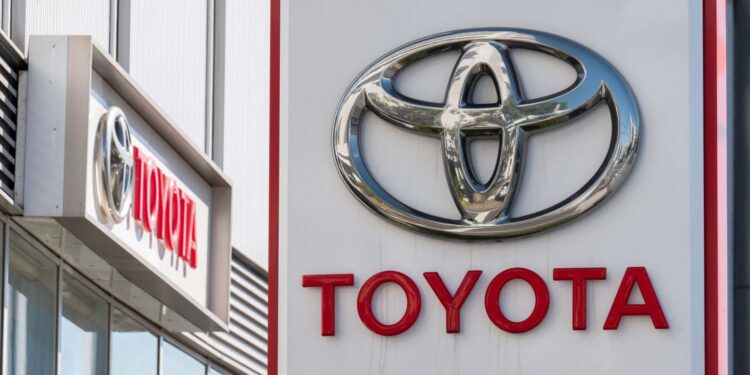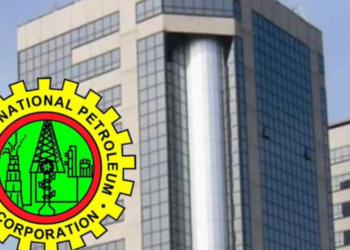Shares of Toyota Motor Corp, Japan’s largest automaker, tumbled over 3% on Thursday after the company announced that its Daihatsu unit would cease shipments of all its vehicles following a safety investigation that exposed issues with multiple models sold by the firm.
As of 20:32 ET (05:32 GMT), Toyota’s Tokyo shares had fallen by 3.3% to 2,557.0 yen, ranking among the worst performers on the Nikkei 225 index. This decline also had a substantial impact on the index, which experienced a 1.6% drop. Additionally, Toyota’s American Depository Receipts (ADR) on the New York Stock Exchange (NYSE: TM) dipped 2.2% overnight.
The safety investigation, conducted by an independent panel, revealed that Daihatsu, Toyota’s small-car unit, had engaged in more extensive falsification of safety tests than initially reported. Instances of misconduct were traced as far back as 1989, impacting approximately 64 models produced by the unit, many of which were sold under the Toyota brand.
The findings also implicated Mazda Motor Corp (TYO:7261) and Subaru Corp (TYO:7270), as Daihatsu manufactures vehicles for these two automakers. Consequently, shares of Mazda and Subaru experienced declines ranging from 2.7% to 4%, while Nissan Motor Co., Ltd. (TYO:7201) saw a 3.1% decrease.
Daihatsu, known for producing smaller-sized cars and trucks popular in the Japanese market, previously admitted in April to falsifying side-collision safety tests for over 80,000 cars. This revelation triggered a broader investigation into the firm and followed a whistleblower report on the misconduct.
Toyota did not disclose the financial impact of the suspension of Daihatsu’s shipments and stated that it would conduct a review of certification operations, implementing a “fundamental reform” to rejuvenate Daihatsu. The automaker did not clarify whether vehicle recalls would be issued based on the new findings.
Daihatsu constitutes approximately 7% of Toyota’s overall sales, with the affected models predominantly sold in Southeast Asia and South America. The firm will halt all shipments until it receives regulatory clearance, prompting Japanese authorities to initiate a more in-depth investigation into the automaker.










